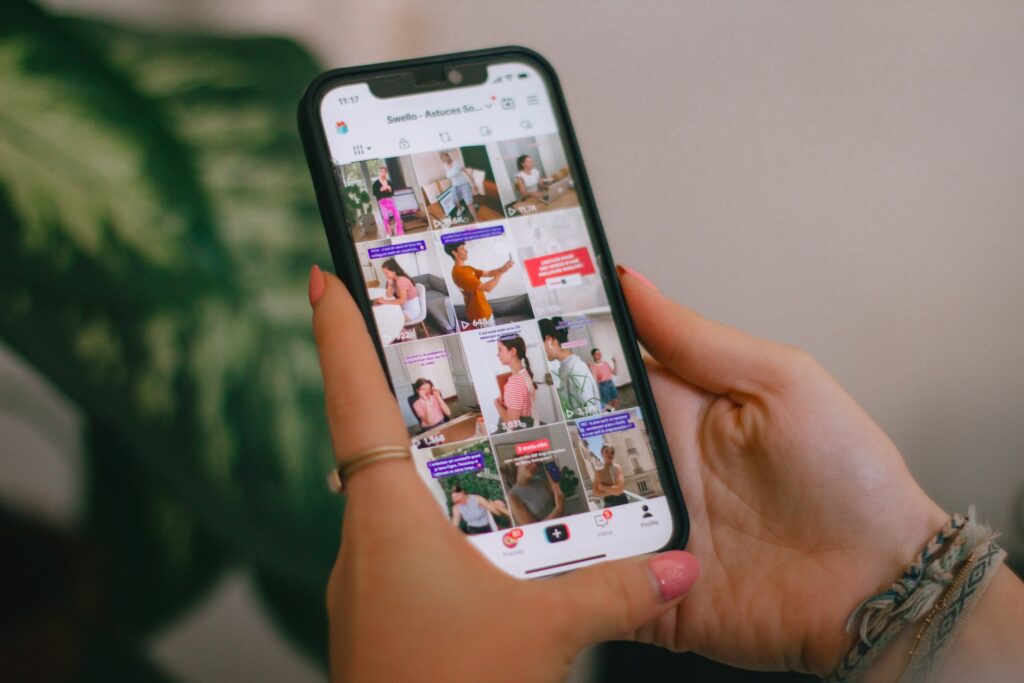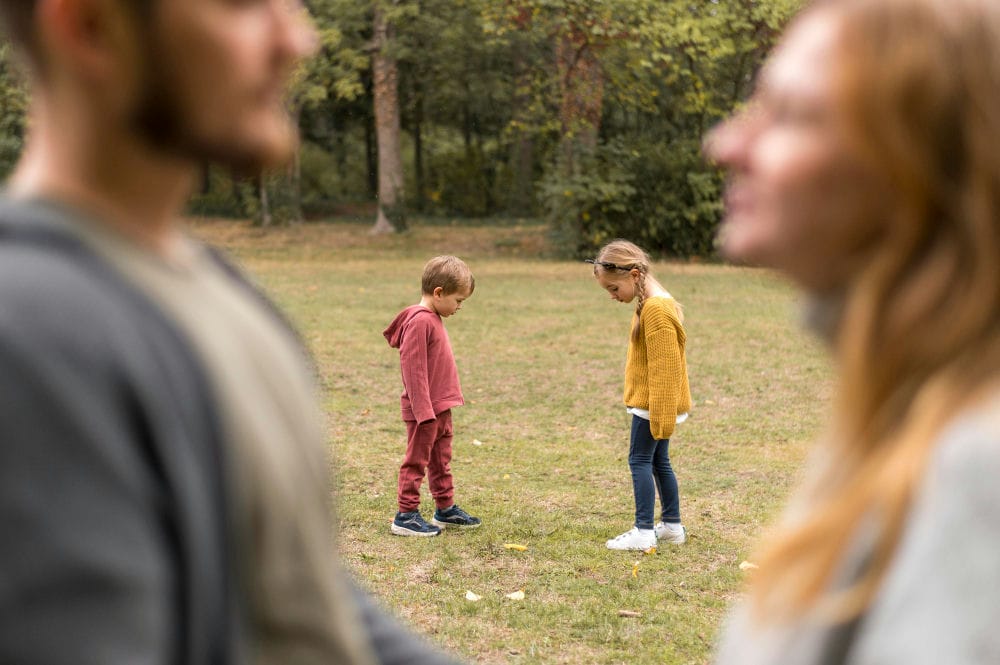“Wait — how is it December already?”
The older you get, the more you catch yourself saying:
– “This week flew by.”
– “Wasn’t it just summer?”
– “Where did the whole year go?”
As a kid, a two-month summer break felt eternal.
Now, a whole year vanishes in the blink of an eye.
So… is time actually speeding up — or is something else going on?
The truth is: time hasn’t changed — but your brain has.
And the way your mind measures time? It’s deeply flawed… and surprisingly logical.
1. Psychological time ≠ Clock time

You still live 24 hours a day, 365 days a year.
But your brain doesn’t experience time as a number — it experiences it as memory density.
The more memorable the moments, the longer time feels in hindsight.
Children constantly encounter new experiences: first bike ride, first crush, first fight, first everything.
Adults?
Coffee. Meetings. Emails. Scroll. Repeat.
2. Repetition compresses time

Ever noticed how your workweek flies by, but a single weekend trip feels long and vivid?
Here’s why: when life becomes routine, the brain compresses redundant information.
Fewer “novel moments” → fewer memory anchors → time feels faster.
You measure time by what you remember, not what the clock says.
If your week was full of sameness, your brain has no highlights to expand that stretch of time.
3. Memory density = Perceived duration

Imagine this:
You take a 3-day trip to a place you’ve never been. You try new food, meet new people, get lost, laugh hard.
On the way home, you think:
“Wow. That felt like a full week.”
But if you spent those 3 days at your desk doing the usual?
It’ll vanish from your memory before Monday.
Your brain doesn’t count minutes — it counts milestones.
4. Modern life is speeding up your sense of time (quietly)

Phones. Schedules. Auto-pilot routines. Swipeable content.
We’ve optimized our lives… and in the process, minimized novelty.
- Same commute every day? → Brain: “Nothing new, move on.”
- 15-second TikToks on loop? → Brain: “No need to deeply encode this.”
Result:
You live more, but remember less.
You do a lot — but none of it sticks.
5. Kids and adults perceive time differently

Children live in hyper-attention mode — everything matters, everything is new.
Their brains are recording almost everything.
Adults shift to default mode processing — filtering out “unimportant” info to save energy.
Kids remember moments by the minute. Adults remember in blocks of years.
That’s why childhood feels slow and vivid.
Adulthood? A highlight reel that skips entire months.
6. Can you actually slow down your psychological time?
Yes.
You can’t slow the clock, but you can slow the way you perceive it.
Here’s how:
- ✈️ Do something new every week or month
- 🧠 Learn a new skill
- ✍️ Journal to solidify memories
- 👀 Practice mindfulness (notice more)
- 🗓️ Break time into memorable milestones
You don’t need to go skydiving every weekend —
Just break the routine. Be present again.
Final twist: Time isn’t moving faster — you’re just living less vividly
Time isn’t racing ahead.
You’re just recording fewer moments worth replaying.
The adult brain defaults to efficiency. But that comes at a price: the loss of texture in your memories.
Don’t try to rewind life.
Just make sure today gives future-you something to remember.
KnowFizz Summary
- You feel time moves faster as you age because life becomes more repetitive
- The brain compresses familiar experiences — fewer memories = faster-feeling time
- Kids live through novelty → Adults through routine
- Solution: inject more newness and presence into everyday life





































